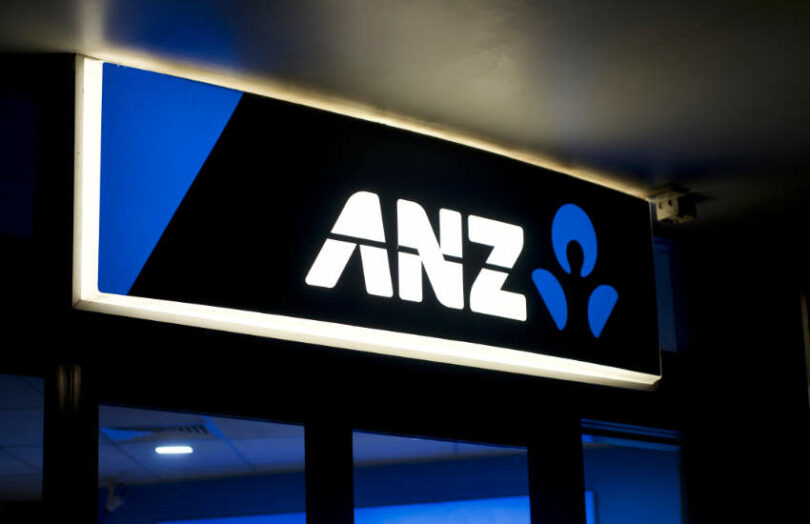In an Australian first, ANZ completed a trial for offline payments using a central bank digital currency (CBDC). The bank issued students at Southern Cross University and RMIT University with NFC-enabled smart cards, each pre-loaded with eAUD, which students could spend at campus merchants.
According to Lismore City News, the trial proved a major success. The region was recently affected by severe flooding, cutting off power and internet connection in many areas. This trial demonstrates the potential for a CBDC in situations where online connectivity is not possible.
The university loaded the prepaid cards by tapping them on a smartphone with a special app. Likewise, merchants used a smartphone, allowing customers to touch the phone with the card to complete payment.
Both merchants and students were impressed by the reliability of the payment system. However, apart from a university scenario, it is not yet clear how to issue an offline CBDC during an emergency.
The problem is people are not likely to hold offline CBDC just for a possible emergency. So when the internet goes down, they have no access to bank money. So they have no means to buy an offline CBDC card. Hence, the most likely scenario is the government could either hand out free money or provide some offline CBDC as a loan, similar to what happened during COVID.
Offline CBDC
The Bank of Japan was the first central bank to explore CBDC offline payment capabilities following the devastating Tōhoku tsunami in 2011. Since then, many central banks have also expressed interest, and this year the Bank of International Settlements published a handbook on the topic. It is thought offline payments could provide an alternative system to people who don’t have smartphones or internet access. The EU is also exploring an offline CBDC, which it hopes could alleviate privacy concerns surrounding the digital euro.
The offline payment trial is one of 16 use cases the Reserve Bank of Australia explored. Another pilot involving ANZ used eAUD stablecoins to settle tokenized carbon credit transactions.






